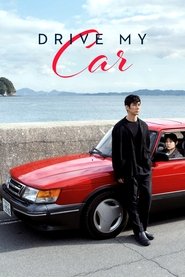Yusuke Kafuku is a stage director who is unable to cope with the loss of his wife, and he has recently accepted an invitation to direct Anton Chekhov's Uncle Vanya at a festival in Hiroshima, Japan. Whilst many reviewers have focused on the relationship between the director and Misaki (the introverted young woman who has been appointed to drive his car), what I found devastating was the embedded meditation on language, communication, understanding and empathy, especially concerning what happens when these break down or are no longer possible. Drive My Car touches on the limits of each of these phenomena connecting to the next: being able to speak the same language as another doesn't mean you can communicate with them, and being able to communicate doesn't mean you can understand someone… let alone empathise with them. All of this through the near-ungraspable emotion of grief, too, and the portion of this film where the actress was silently employing Korean Sign Language was the most moving thing I saw this year.
Synopsis: Yusuke Kafuku, a stage actor and director, still unable, after two years, to cope with the loss of his beloved wife, accepts to direct Uncle Vanya at a theater festival in Hiroshima. There he meets Misaki, an introverted young woman, appointed to drive his car. In between rides, secrets from the past and heartfelt confessions will be unveiled.

